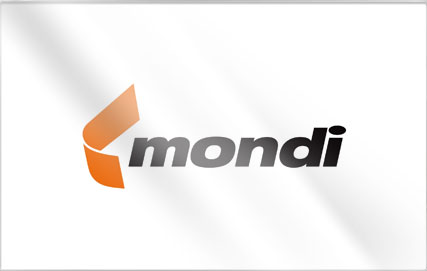Enhancing Cultural Competence for a Diverse Workplace
In today’s globalized world, businesses are becoming increasingly diverse, with employees from different cultural backgrounds working together to achieve common goals. This diversity brings a wide range of perspectives and experiences, enriching the workplace environment and fostering innovation. However, it also presents challenges that require the development of cultural competence among employees and leaders. Enhancing cultural competence is essential for creating an inclusive and harmonious workplace where everyone feels valued and respected.
Cultural competence refers to the ability to interact effectively with people from different cultures and backgrounds. It involves understanding, appreciating, and respecting cultural differences, as well as adapting one’s behavior and communication style to accommodate diverse perspectives. By enhancing cultural competence, organizations can improve teamwork, collaboration, and productivity while reducing conflicts and misunderstandings.
Here are some key strategies for enhancing cultural competence in a diverse workplace:
- Promote cultural awareness and education: Organizations should invest in cultural awareness training programs to help employees develop an understanding of different cultures, traditions, and beliefs. These programs can include workshops, seminars, and interactive activities that encourage open dialogue and knowledge sharing. By fostering cultural awareness, organizations can break down stereotypes and biases, promoting a more inclusive and accepting work environment.
- Foster open and inclusive communication: Effective communication is crucial in a diverse workplace. Encourage employees to express themselves openly and respectfully, creating a safe space for sharing perspectives and addressing concerns. Organizations can establish guidelines for inclusive communication, such as active listening, avoiding assumptions, and using inclusive language. Additionally, promoting language diversity by providing translation or interpretation services can facilitate effective communication among employees with different linguistic backgrounds.
- Embrace diversity in leadership roles: Diverse leadership plays a vital role in enhancing cultural competence. Organizations should strive to have leaders from different cultural backgrounds who can serve as role models and advocates for diversity and inclusion. When employees see individuals from various backgrounds in leadership positions, it sends a powerful message that their contributions and perspectives are valued. Diverse leaders can also provide insights into different cultural norms and practices, guiding employees in navigating cross-cultural interactions.
- Encourage cross-cultural collaboration: Actively promoting collaboration across diverse teams can foster cultural competence. Encourage employees to work on cross-functional projects or participate in multicultural teams. By doing so, individuals can learn from each other’s experiences, share knowledge, and develop a deeper understanding of different cultural perspectives. Organizations can also organize cultural exchange programs or diversity events to celebrate and showcase the richness of various cultures.
- Establish inclusive policies and practices: Review organizational policies and practices to ensure they are inclusive and equitable. This includes policies related to recruitment, promotion, and employee development. Consider implementing diverse hiring practices that focus on attracting and retaining talent from different backgrounds. Encourage diversity in decision-making processes, as diverse perspectives lead to more innovative and well-rounded solutions.
- Provide resources and support: Offer resources and support systems to help employees navigate cultural differences and challenges. This can include mentorship programs, employee resource groups, or access to cultural sensitivity training materials. Creating a supportive environment where employees can seek guidance and assistance will contribute to their personal growth and cultural competence.
Enhancing cultural competence in a diverse workplace is an ongoing process that requires commitment and continuous learning. Organizations that prioritize cultural competence will not only benefit from improved employee satisfaction and productivity but also gain a competitive edge in the global marketplace. By embracing diversity and fostering an inclusive work environment, organizations can unlock the full potential of their diverse workforce and create a harmonious and thriving workplace culture.

